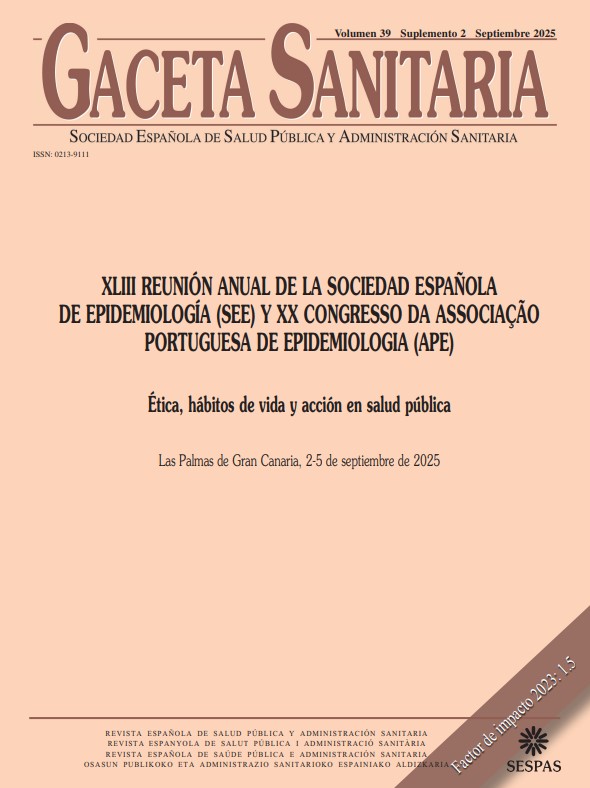1005 - EXPLORING ADOLESCENTS’ EXPOSURE AND INTERACTIONS WITH ONLINE FOOD DELIVERY APPS IN THREE SOUTHEAST ASIAN COUNTRIES
Global Centre for Preventive Health and Nutrition, Institute for Health Transformation, Deakin University.
Background/Objectives: The retail food environment is rapidly evolving globally, with online food delivery (OFD) apps becoming increasingly popular. In order to promote healthier diets, it is important to understand how users experience and engage with these platforms and how they influence food purchasing behaviours. This study aimed to explore adolescents’ exposure to and interactions with online food delivery apps in Indonesia, Philippines and Malaysia.
Methods: We collected mobile screen recordings and facilitated focus group discussions with a total sample of 90 adolescents (30 per country) aged 16 to 19 years from various socioeconomic backgrounds who frequently use OFD (at least once a week). Screen recordings of food delivery orders were analysed using content analysis to capture product availability and marketing strategies in OFD apps. Focus group discussions were assessed through thematic analysis to understand participants’ food purchasing behaviours on these apps.
Results: Around two thirds of adolescents used OFD apps 2 to 6 times per week in all three countries. Screen recordings revealed that OFD predominantly offers and promotes unhealthy food through highly pervasive marketing strategies, particularly price discounts and loyalty vouchers. The home page included the highest frequency and variety of marketing strategies such as numerous discounts, featured items and time-limited deals. The checkout page displayed additional strategies, including personalized recommendations, the application of vouchers and last-minute additions or upselling prompts. In focus group discussions, convenience and price promotions emerged as key motivators and influential factors driving the use of OFD apps and shaping purchasing behaviours. The lack of affordable healthy food options was strongly emphasized by most participants. Increasing the availability, visibility and affordability of healthy food options were suggested as potential solutions to improve the healthiness of OFD apps.
Conclusions/Recommendations: Our study highlights the widespread use of OFD apps among adolescents in Southeast Asia, who are exposed to a variety of targeted promotions that disproportionately encourage unhealthy food sales at almost every stage of the food ordering process. These findings underscore the need to monitor and regulate online retail food environments.
Funding: UNICEF East Asia and Pacific Regional Office.















